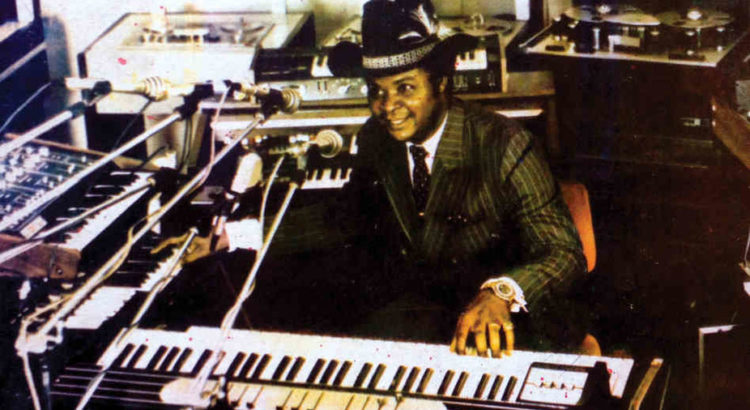África/Nigeria/Septiembre del 2017/Noticias/https://theconversation.com/
Legendary UK Radio DJ, the late John Peel used to play Zimbabwe’s The Bhundu Boys on his shows. A lot. Throughout the mid-80s, their jit-jivewould appear alongside Mancunians The Fall’s post-punk and Einstürzende Neubauten’s German industrial noise.
If Peel liked a band, he really championed them. And he really loved The Bhundu Boys. Peel was in tears the first time he saw them play live. The Bhundu Boys got their name from young guerrillas who supported the liberation army that fought for Zimbabwean independence. Between 1981 and 1984 they had four number ones on the local hit parade.
Touring the UK in 1986, they became stars of a new “World Music” scene. The term had been dreamt up by DJs like Charlie Gillett
The Bhundus didn’t feature on this tape but they became stalwarts of a scene in the UK that included African stars like Nigerian Sunny Adé, Zimbabwean Thomas Mapfumo and Youssou N’Dour from Senegal. This “scene” lies on a continuum of Western consumption of African music from 1960s’ exotica to the contemporary trend for African reissue vinyl and its attendant compilation culture.
This continuum has been lying on the margins of Western music consumption since the early 1960s, when Herb Alpert’s Tijuana Brass Sounds brought (what was marketed as) the music of Mexico to urban American and the UK. Arguably the first of many Western producers/musicians to export sounds and rework them for a domestic market, exotica was an early example of the culture of listening to music from “somewhere else”.
As producers, musicians and labels have had more access to old vinyl and to new digital technology, the opportunities of reissues and compilations have proliferated. And so the sounds of Ethiopian jazz, of Nigeria in the 1970s and of Mali’s Griot culture have become staples in a reinvigorated “World Music” culture reliant on reissue and compilation.
Addiction, compulsion, obscurity and desire pepper this continuum, which has, at its centre, discomforting tensions around neo-colonialism and control. A fascinating podcast by the radio programme Afropop Worldwide has suggested that the latest urge to buy up African vinyl and to compile generically and geographically determined compilations is yet one more (white) western scramble for Africa. Are reissue labels like Strut, Analog Africa and Luaka Bop guilty of such a scramble? Or does this story have a number of different plot lines, not all of them hitched to neo-colonial narratives?
Space-disco musician
The trend in reissues manifested for me in the face of Nigerian space-disco musician, William Onyeabor, which appeared on my Twitter timeline a couple of years ago. Everyone I followed was raving about him. I clicked, listened and downloaded. Then I saw a documentaryabout him and wrote an academic piece that riffed off the idea of “raiders”. I linked the craze for Onyeabor to the phenomenon around the film “Searching for Sugarman”, which focused on the “missing” 70s folk rocker, Sixto Rodriguez.
Fuente:
https://theconversation.com/whose-record-is-it-anyway-musical-crate-digging-across-africa-83458








 Users Today : 20
Users Today : 20 Total Users : 35460229
Total Users : 35460229 Views Today : 25
Views Today : 25 Total views : 3418920
Total views : 3418920